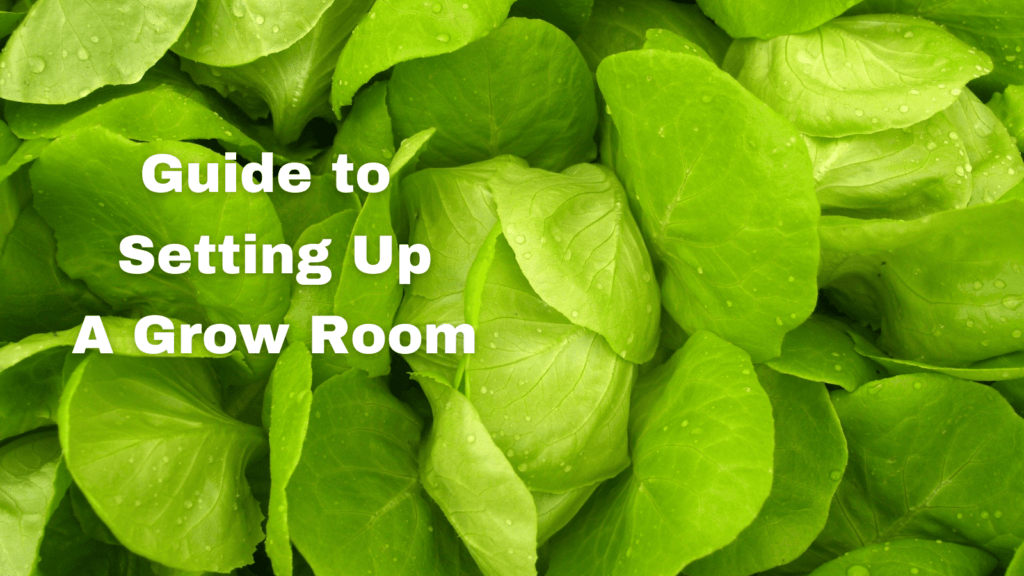What Water Type Is Best For Plants?

There are significant differences between water types and it’s important that growers know the difference between each one. Why? The most important reason is to identify the mineral content and whether it’s good or bad. The second is to identify the level of bicarbonates in the water. This in turn can help establish what type of water you are using and the best way to use it. The quality of the water will determine how well the plant’s develop and grow.
What Are The Different Water Types?
Purified Water
Purified water has very low concentrations of essential minerals and high levels of sodium. Plants can be sensitive to sodium levels, and as a result this type of water can stunt their growth. It’s recommended that a balanced fertiliser is added to this type of water to meed all the plants needs.
Soft Water Types
This type of water has the same characteristics of purified water, but not at such a high level. Although if used in the short-term it’s unlikely to cause damage, it is not advised for long-term use. The sodium levels could build up within the soil or growing media which can damage the structure of some soils.
Normal Water
Most nutrients are formulated with this type of water in mind. Mineral and bicarbonate levels are as expected. Issues usually only arise by environmental mismanagement.
Hard Water Types
Hard water has a high mineral content, mostly calcium and magnesium, which results in the accumulation of salts in the soil. Over time they build up in the soil and can impact the availability of other nutrients, and the pH balance. Therefore it’s a good idea to flush the soil every few months.
Bad Hard Water
This type has high levels of the wrong minerals, mostly sodium and chloride. Similar to hard water, the high level of minerals can slow nutrient uptake.
Rain Water
Rain water is free from hard water elements and is the correct pH for the majority of plants. However, the downside is that the supply can run out in the summer. Stored rain water can carry disease so it’s advised that it is used carefully and not used on seeds or seedlings.
What Should You Do Now?
Ideally try to bring your water back to a normal level. So for most soft water issues, raising the minerals with the addition of a CAL MAG product.
If the issue is with hard water, it can be treated using a Reverse Osmosis system. This technique is used to remove minerals and impurities from water. The downside to this is that the water then lacks all nutrients so it’s important to use a well balanced fertiliser.
For the best results, measure water quality regularly. The use of an EC and pH meter will help to make measuring water quality a lot easier.
Have a query? Get in touch with us here.











